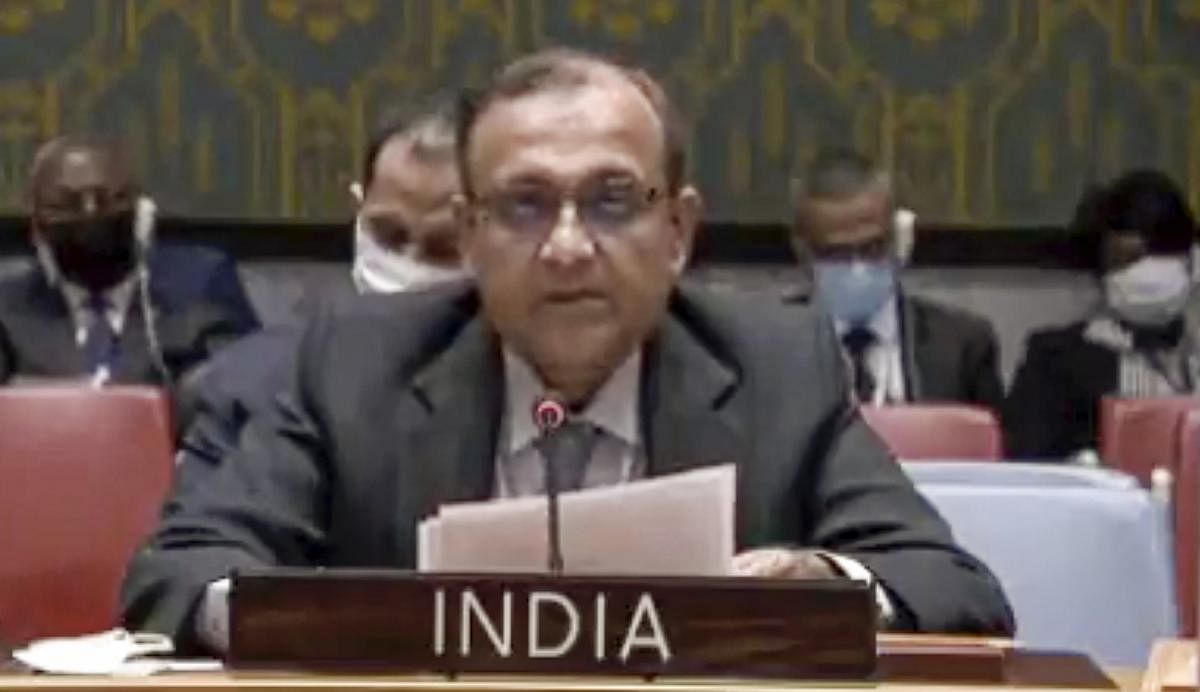India’s abstention on a UN Security Council resolution that deplored “in the strongest terms” Russia’s aggression on Ukraine does not come as a surprise. New Delhi abstained from two previous resolutions relating to the Ukraine crisis; the first being a procedural vote, and the second against Russian President Vladimir Putin’s decree recognising the independence of the separatist regions of Donetsk and Luhansk in eastern Ukraine. India’s abstention was irrelevant to the outcome of the vote. As in the case of all UNSC resolutions condemning aggression by a permanent member, this one too was vetoed; Russia vetoed the resolution. India’s decision to abstain stems from its longstanding friendship with Moscow. There is its military dependence on Russia, too, as a large part of its weaponry and military platforms are of Russian origin. At a time when tensions between India and China are running high and the possibility of an armed conflict along our disputed border looms, India is apprehensive of the implications of criticising Russia for India’s military preparedness vis-à-vis China.
While India continues to abstain in the UNSC, there are small but significant changes in its position, which is increasingly nuanced, as Delhi takes into full account Russia’s egregious violations. Earlier, India had mentioned the “legitimate security interests” of parties, which had given its position a pro-Russia tilt. In his statement, India’s Permanent Representative at the UN, T S Trimurti stressed “respect for the sovereignty and territorial integrity of States” and dialogue as “the only answer to settling disputes.” The non-violation of sovereignty and territorial integrity of another country is not just a UN principle but one that India is committed to, has upheld robustly, and which it has raised repeatedly in its own context when its neighbours have acted aggressively. While India’s own vulnerabilities may be restricting the positions it takes in the UNSC, there is much it can do through quiet diplomacy and push Russia and Ukraine to the talks table using its close relations with both countries.
Thousands of Indian students are trapped in Ukraine and the government is focused now on bringing them home. Simultaneously, it should step up support for people in the warzone. India must also be ready and willing to adapt to changing circumstances. Putin’s order putting Russian nuclear forces on alert has qualitatively changed the scenario, given that US and NATO forces would likely feel the need to react to it, and there is always a danger of catastrophic miscalculation in nuclearised conflict environments. While Delhi has taken a finely balanced position, it must be ready to shift its stance should the situation on the ground worsen.
